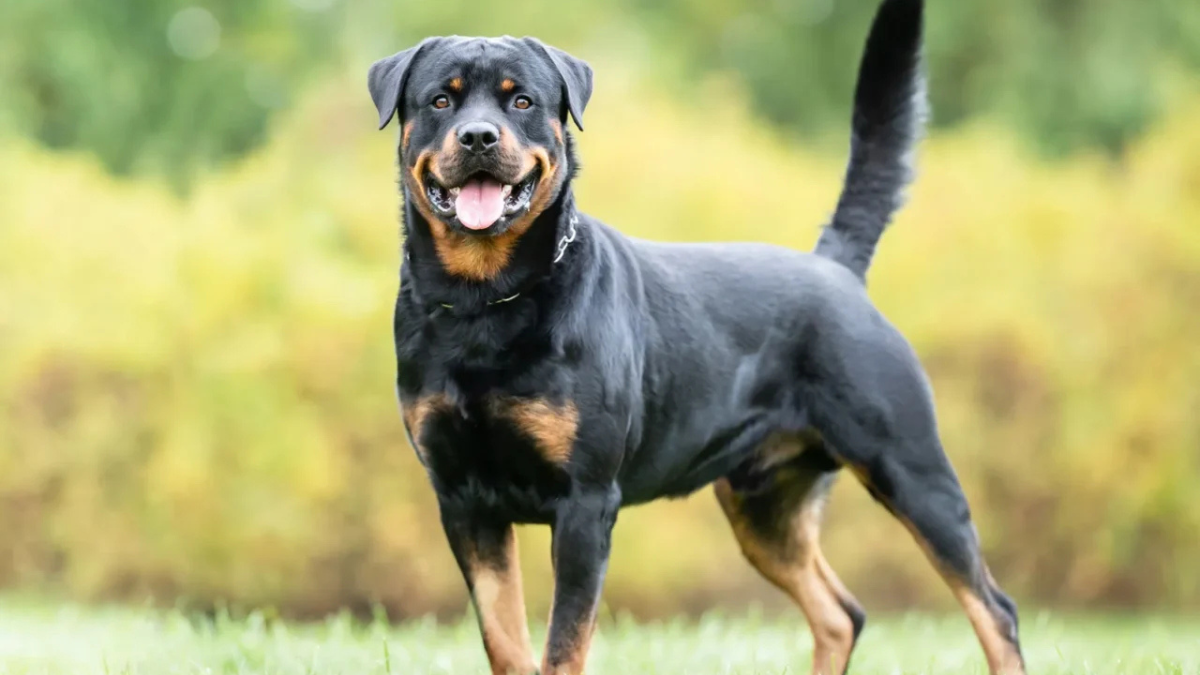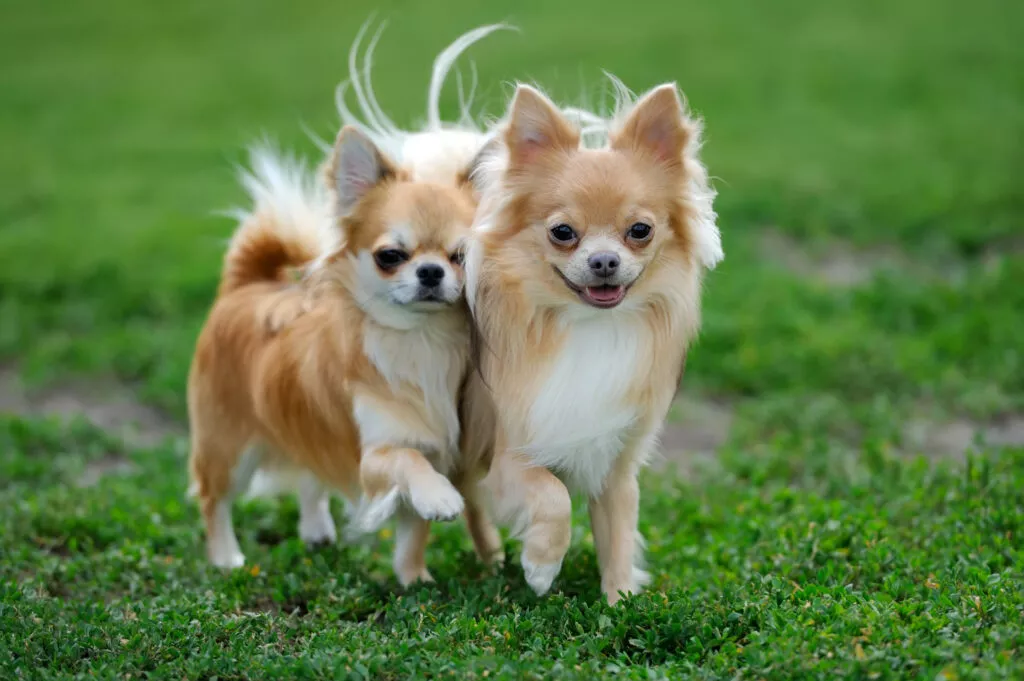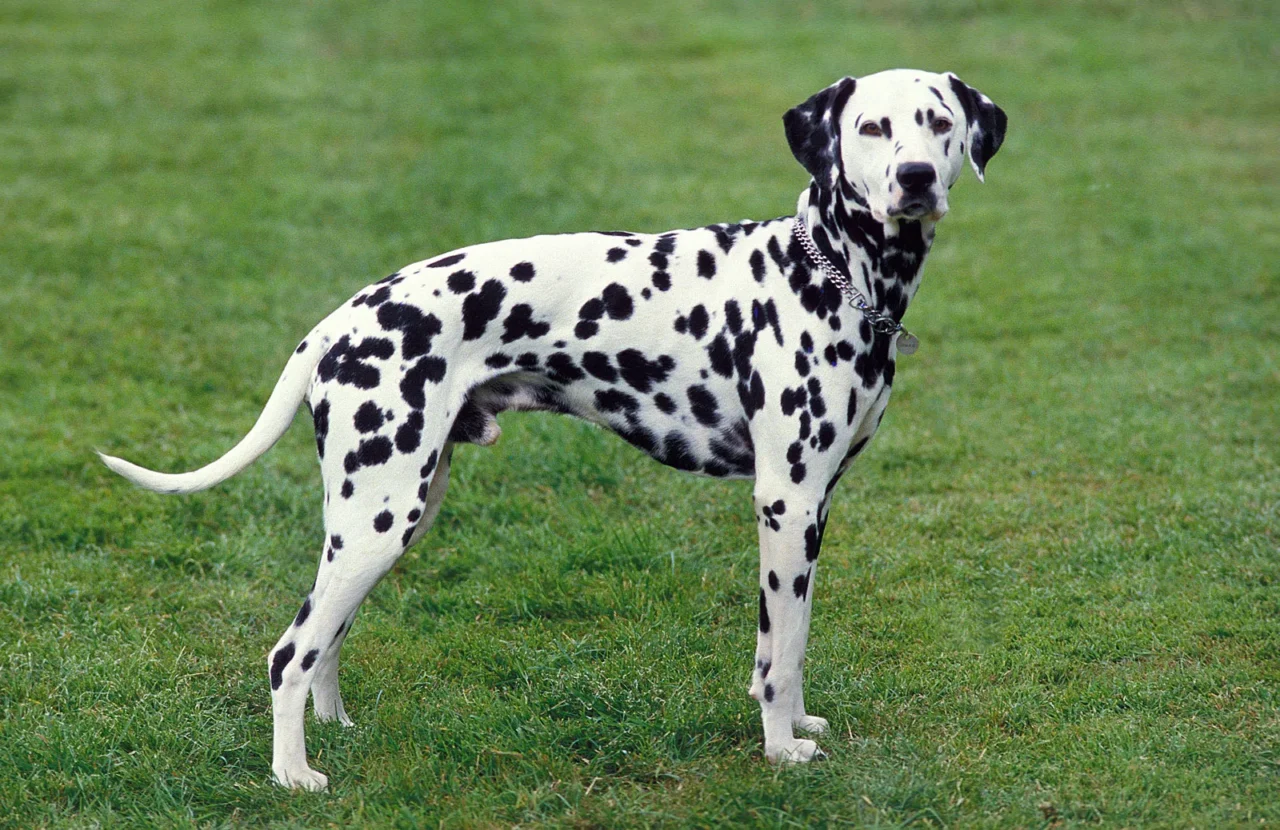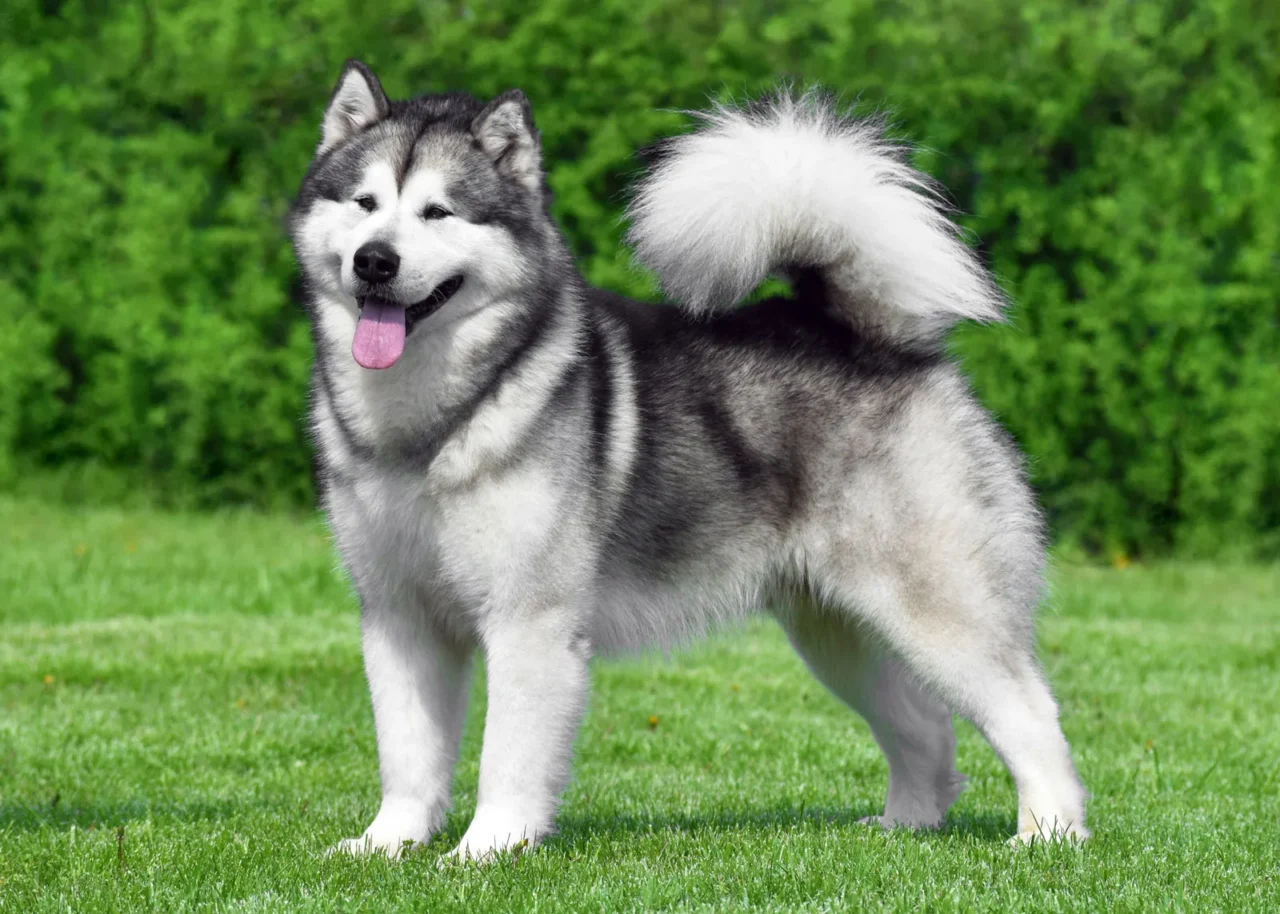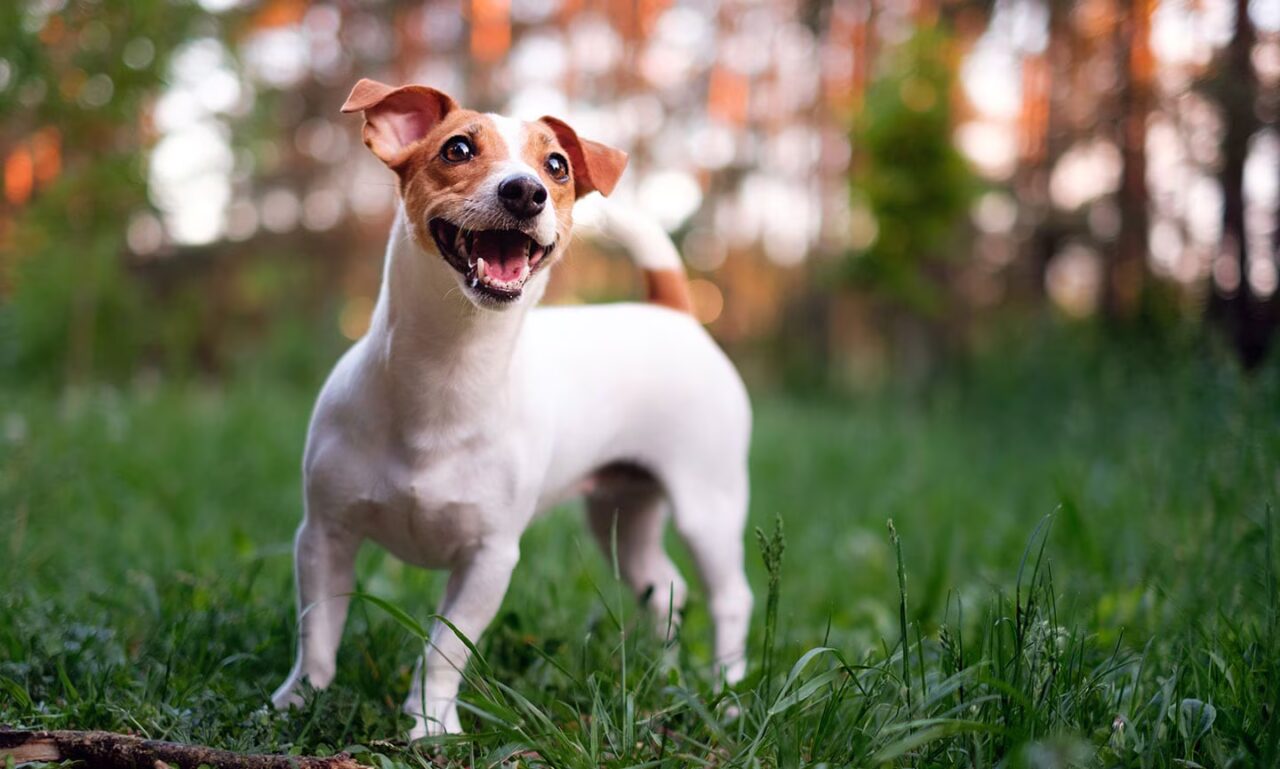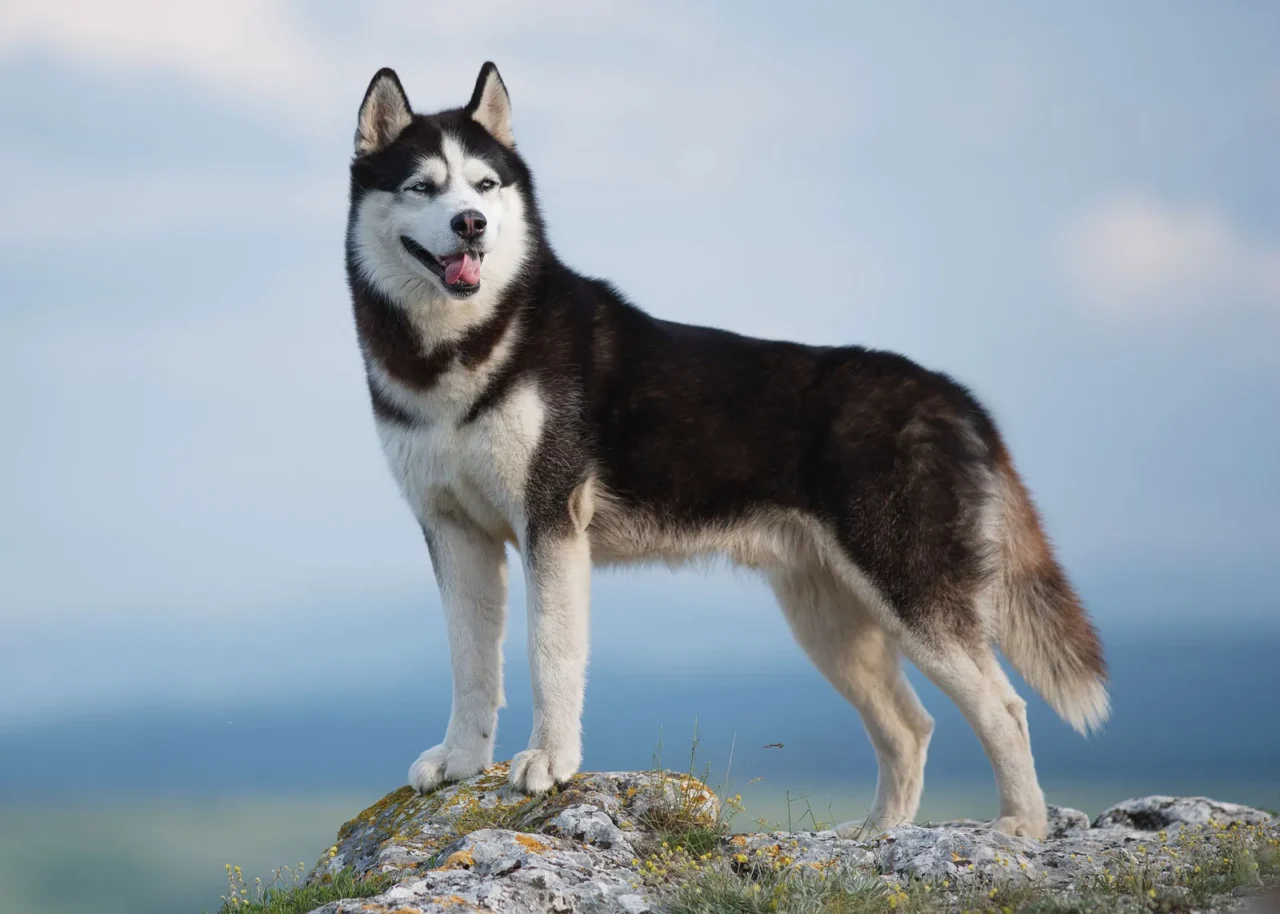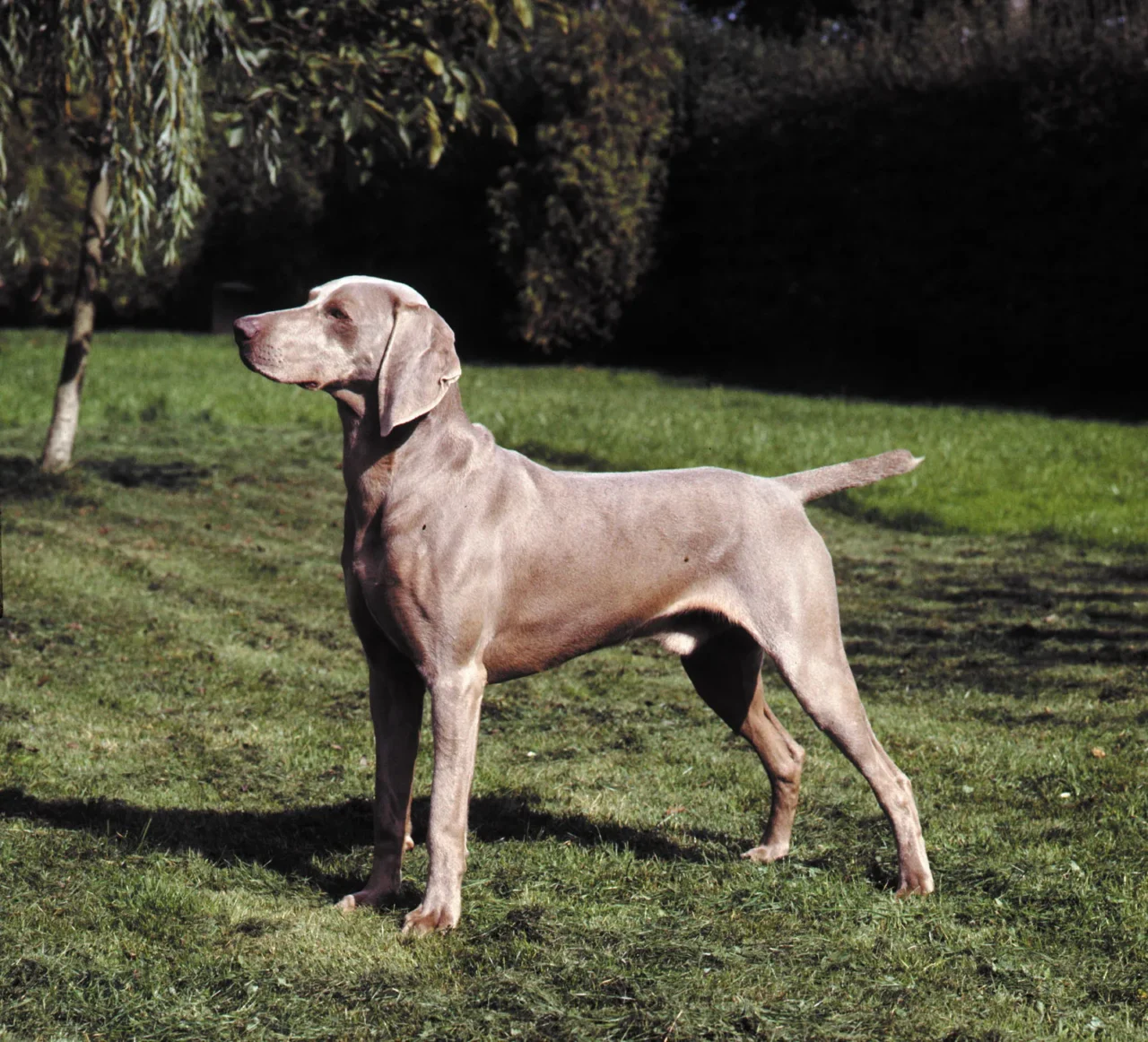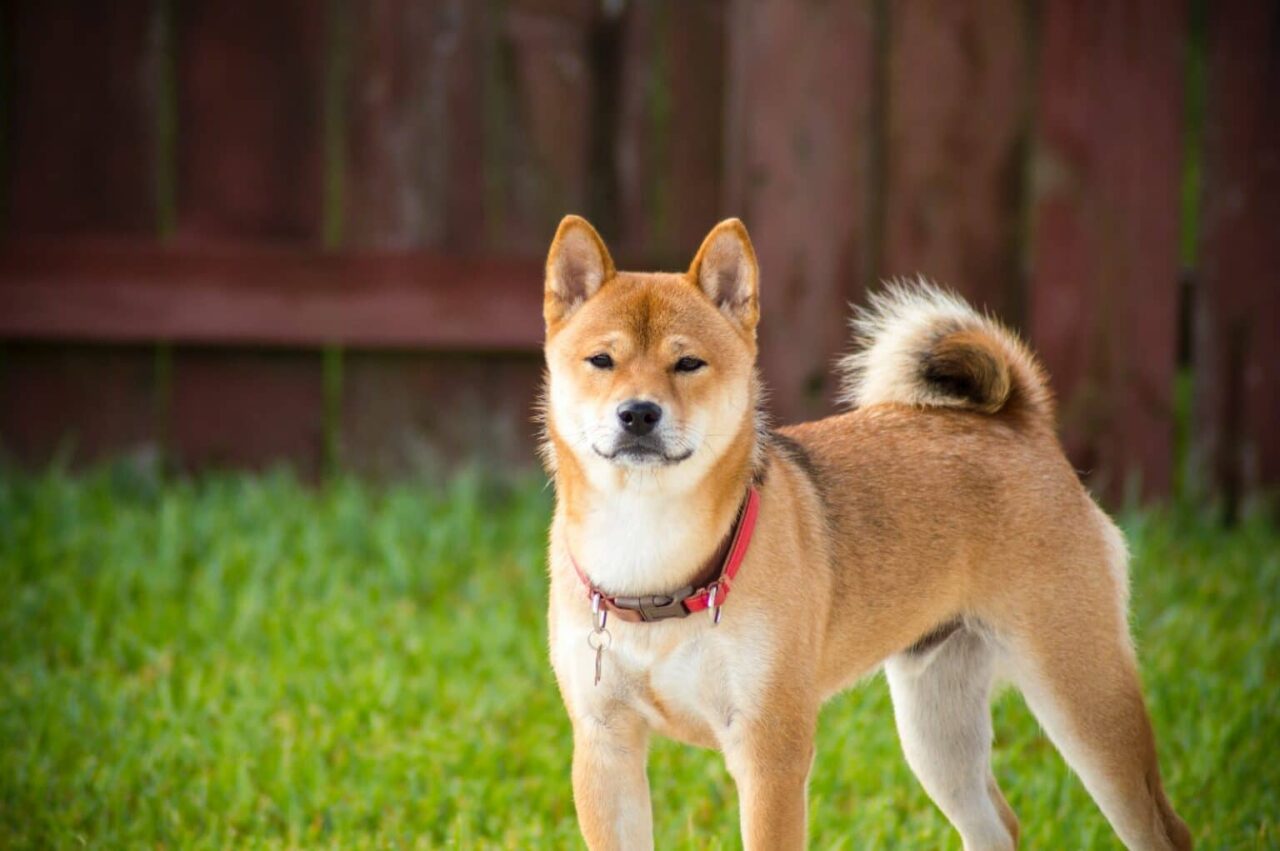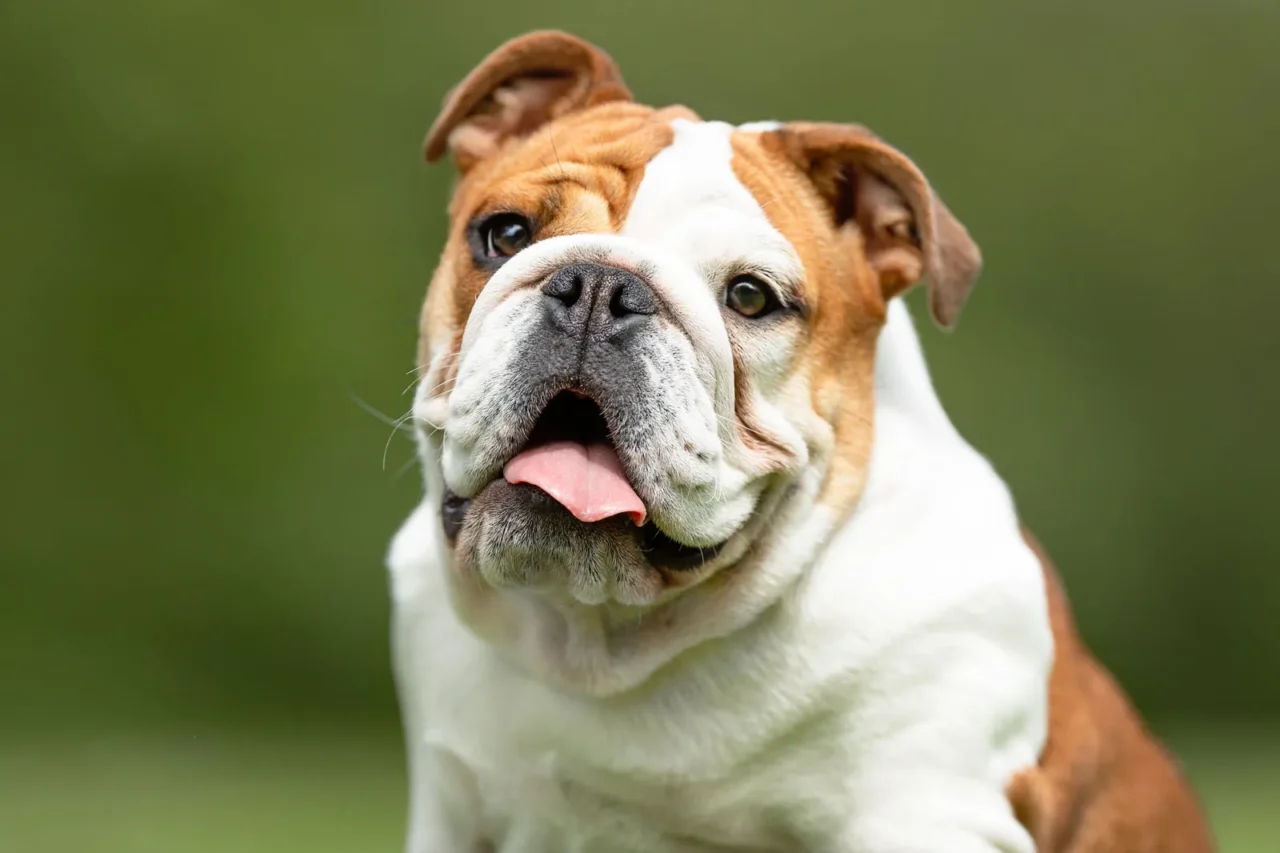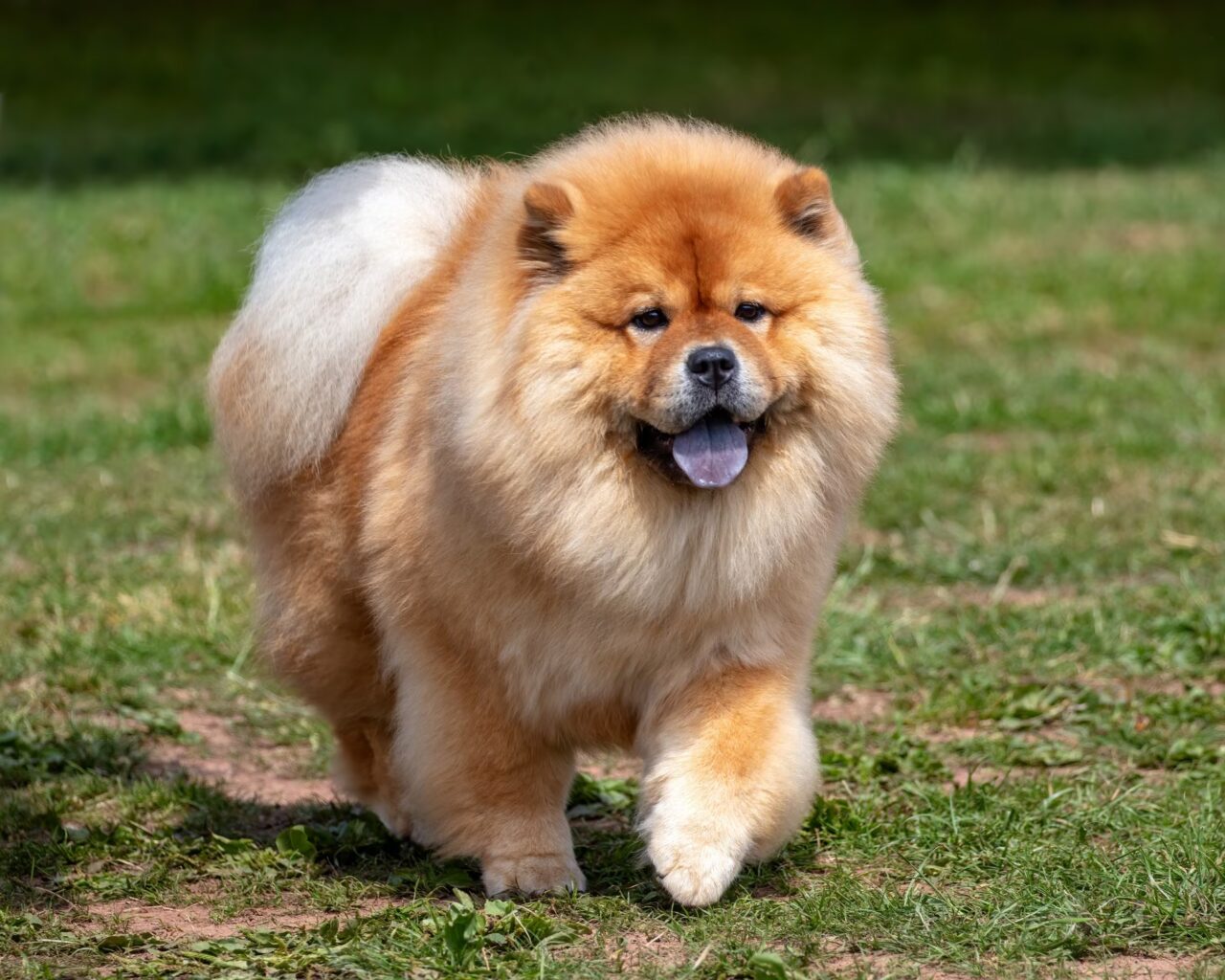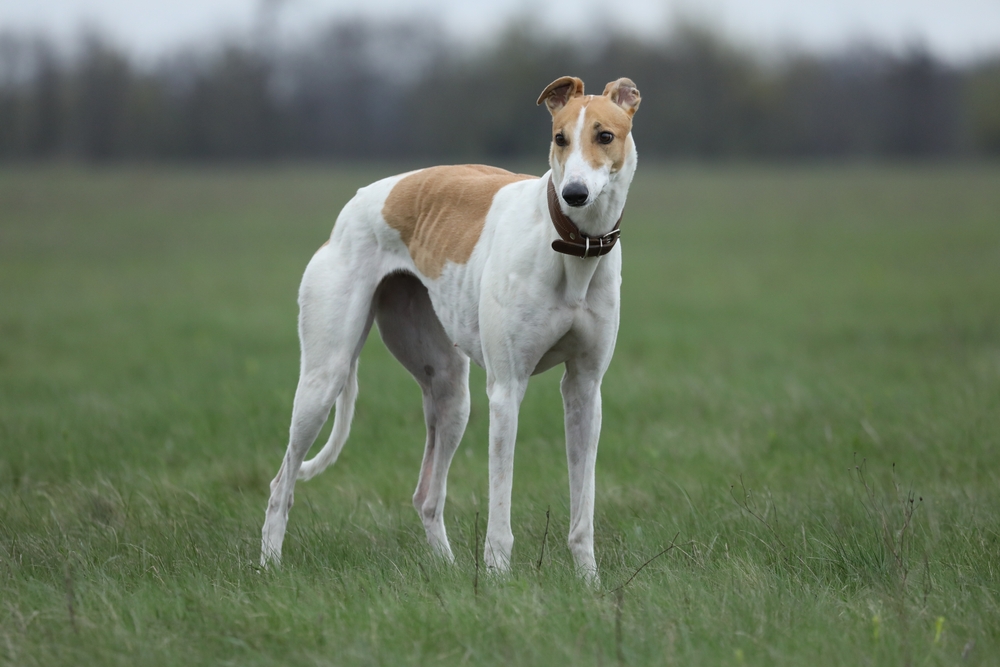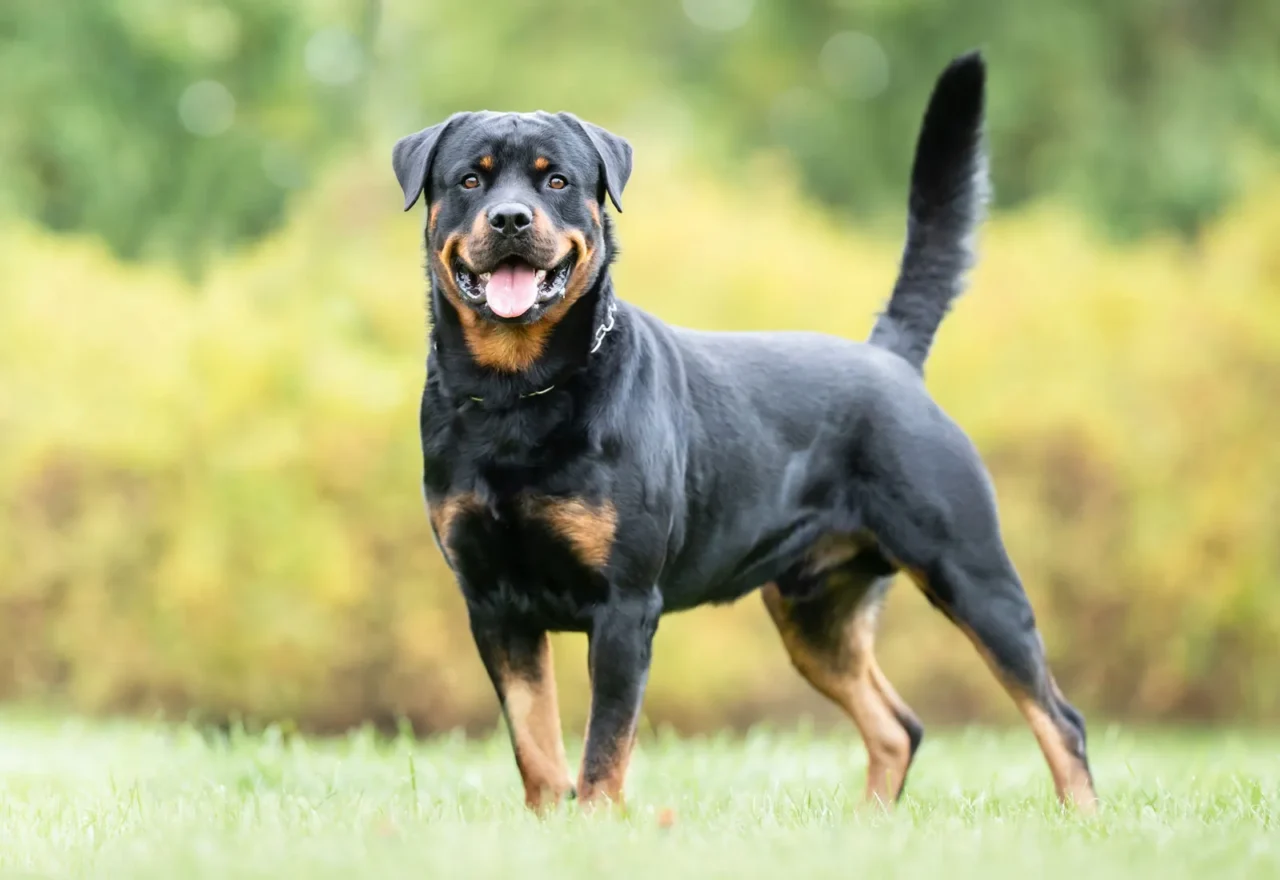📖 Table of Content:
Not all dog breeds are suitable for families with children. While many dogs are loving and gentle, some breeds have traits that make them less than ideal companions for kids. Factors like size, temperament, energy levels, and unpredictability can create challenging situations. Here are 12 dog breeds that might not be the best choice for households with young children.
1. Chihuahua
Despite their small size, Chihuahuas can be feisty and territorial. They are known for their strong attachment to one person and may not tolerate the rough handling or loud noises typical of children. Their sharp teeth and quick reactions mean they can nip if they feel threatened. Families with small kids should think carefully before bringing a Chihuahua into their home.
2. Dalmatian
Dalmatians are energetic and high-strung, which can make them overwhelming for young children. They are prone to sudden bursts of excitement that can lead to accidental injuries. Additionally, Dalmatians may become agitated or defensive if handled too roughly. Proper training and supervision are essential if this breed is around kids.
3. Alaskan Malamute
Known for their strength and independence, Alaskan Malamutes can be challenging to manage in a household with children. Their large size makes them capable of unintentionally knocking over small kids. They also have a high prey drive, which might cause issues with kids who run or squeal. Early socialization and training are crucial for Malamutes in family settings.
4. Jack Russell Terrier
Highly energetic and always in need of activity, Jack Russells can be challenging to handle around children. Their strong prey drive and tendency to nip during play can lead to accidents. Without proper training, they might not tolerate the unpredictable behavior of kids. They are better suited for families with older, calmer children.
5. Siberian Husky
Playful and stunning, Huskies have high energy and a strong-willed nature that can make them challenging around kids. They are not always gentle and can be overwhelming for young children due to their exuberance. Without proper outlets for their energy, they might become frustrated and act out. Supervision and training are essential when Huskies are part of a family.
6. Weimaraner
Athletic and intelligent, Weimaraners have high energy levels that can make them challenging to manage around kids. They require consistent training and mental stimulation, which can be difficult for families with small children. Their exuberance can lead to rough play, potentially injuring younger kids. Families should be prepared to dedicate significant time to this breed.
7. Akita
Loyal and protective, Akitas can be challenging in a family environment due to their independent and dominant nature. They may not tolerate rough or unpredictable behavior from children and could become defensive. Their large size and strength make them capable of causing accidental harm. Akitas require an experienced owner who understands their temperament.
8. Bulldog
While Bulldogs are generally good-natured, their stubborn streak can make them difficult to manage around kids. They are not always tolerant of rough play and may react negatively if provoked. Their stocky build and low energy levels can also lead to frustration in active households. Consistent boundaries and supervision are key when Bulldogs are around children.
9. Shar-Pei
Shar-Peis are independent and sometimes aloof, which can make them unsuitable for families with small children. They may not tolerate loud noises or rough handling and can react defensively. Their strong-willed nature requires firm and consistent training. Shar-Peis are better suited for households with older children who understand how to interact respectfully with dogs.
10. Chow Chow
Reserved and cat-like, Chow Chows are known for their unique personalities. They can be aloof and intolerant of rough handling or loud environments. This breed is also highly territorial and may not appreciate the unpredictability of young kids. Early socialization is critical, but even then, Chow Chows are best for families with older children.
11. Greyhound
Gentle and calm, Greyhounds may not be ideal for homes with young kids due to their delicate build and sensitivity. Rough play or accidental bumps can easily injure them. They are also known to be timid, which can lead to fear-based reactions around loud or boisterous children. Greyhounds thrive in quieter, more predictable environments.
12. Rottweiler
Powerful and protective, Rottweilers can be a challenging choice for families with small children.While they can be loving and loyal, they require strong leadership and consistent training to manage their territorial instincts. Without proper guidance, they may misinterpret children’s actions as a threat. Rottweilers are better suited for experienced dog owners who understand their complex temperament.
